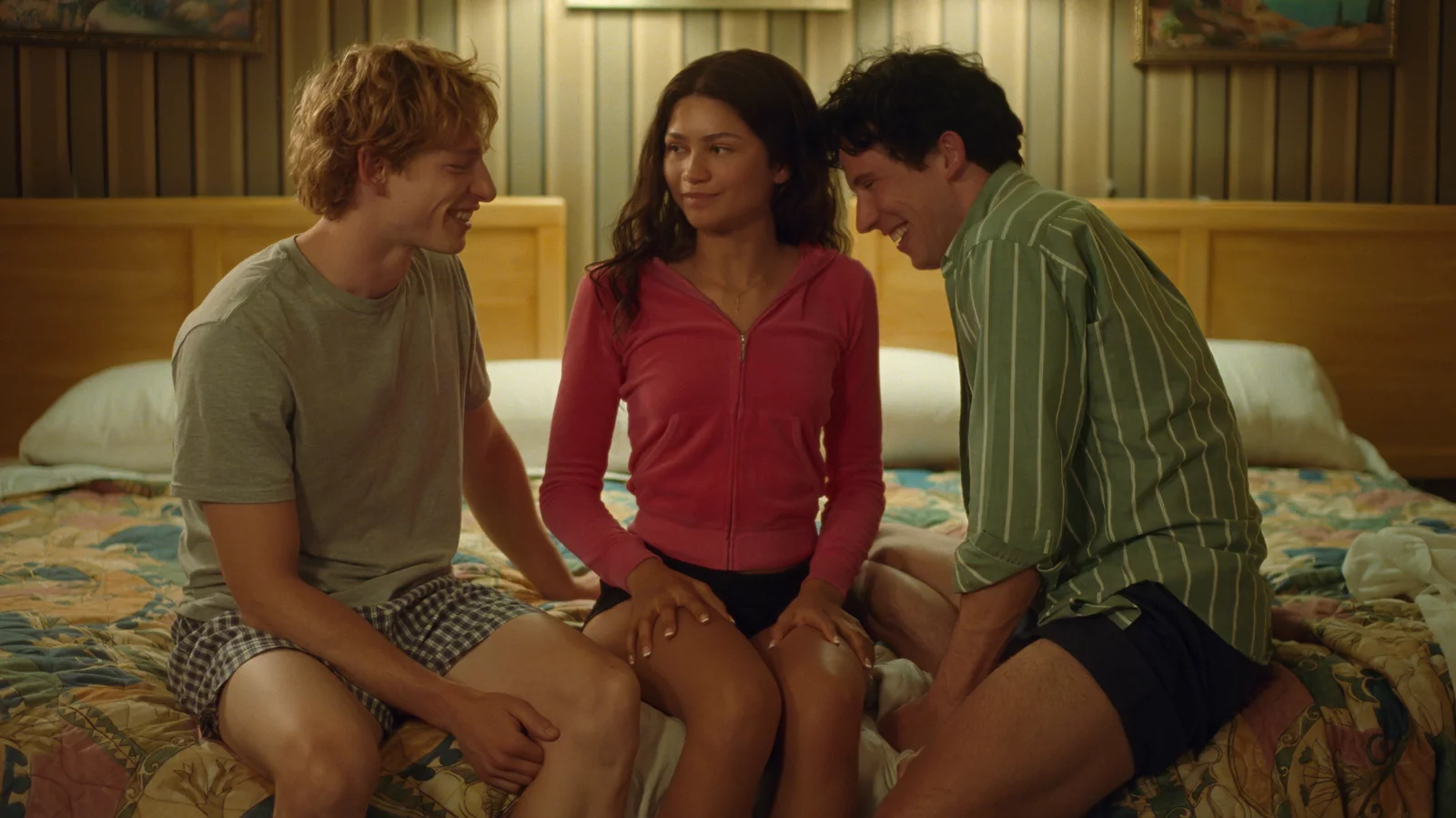Editorials featured in the Forum section are solely the opinions of their individual authors.
I recently had the pleasure of going back through a collection of books I’d read growing up in a small sleepy town in the south. I explain that it was small and sleepy to assure you that reading was the coolest thing an approximately twelve- (or was it thirteen? I don’t remember anymore) year-old me could be doing, and I was definitely not the Poindexter-y type.
With those allegations safely out of the way, and grade-school me’s coolness well advocated for, I wanted to talk a bit more about those silly little children’s books I read.
But before that I had a bit of a cutaway, and yes, I know, staying on topic is considered to be the soul of writing but allow me a few little distractions here and there.
Either way, before I was revisiting those books from my childhood, I went to the Carnegie Library of Pittsburgh — “empowering people to transform their lives”.
I made a beeline to the Young Adult (YA) section, of course. I planned on doing nothing but languishing in the dreary Pittsburgh summer heat with a few books, assuming I survived finals. I grabbed a half dozen titles that seemed vaguely interesting (at this point, throw in the word crown, sword, raven, some sort of gothic imagery, similarly enigmatic cover art, and you’re pretty much guaranteed I’ll give your book a few looks), walked very quickly to the place where you’re supposed to tell them you’re checking out books, did what it is society demands of me at those stations, and then… left.
With my brand new haul of books. And, with 15-210 Parallel and Sequential Data Structures and Algorithms staring me down like a mama bear whose cubs I have decided to spirit away, I put aside my studying and notes, and started reading.
Within a few hours, I was bored. I tried all the typical tricks; I started a new book, I spoke kind words of affirmation to the pages, I tried starting from the middle, I tried reading it backwards, hell, I put Subway Surfers gameplay below it and hoped I could trick myself into caring, but not a thing worked.
I couldn’t place my finger on it until I went back to that collection of books I had spent my youth reading. Point is, I think I figured it out — I, Eshaan Joshi, have solved literature:
There’s something just a little boring about giving authors the privileges that YA books have.
Excessive navel-gazing aside, there are strict rules that most “Middle Grade” authors find themselves entangled with: you can’t talk about sex or drugs, violence has to be subtle, and you can’t swear. Those are pretty innocent restrictions — they’re the sort that make PG and G movies what they are — but they also do absolutely change the sort of stories you can tell. Or, at least the stories you can tell easily.
Because how do you talk about love or hurt or heartbreak or anguish or death or so many other things when you’re writing with a hand or two behind your back? It’s a lot harder — setting up a relationship suddenly jumps up in difficulty when you have to treat adults in a way that doesn’t anger the Good Christian Mothers who go to the library — and that difficulty is what makes “Middle Grade” literature so interestingly special.
When you’re telling a story, and you have to tell that story in a way to avoid the censors, you start toying with shorthands, allusions, hand waving away what you can and focusing, instead, on what you can say.
Comparatively, I’ve read enough YA novels whose idea of “friendly banter” begins and ends with two characters cussing each other out, or who have come to the conclusion that torture is the scariest thing you can write about.
Some of these things are true. I’ve said more than a few profanity-laden phrases to my closest friends, I too am terrified of torture, but those are the things that are, well, boring now.
But how do you tell that to a child?
Because I’ve never had a friendship described to me that was described quite as well as August Pullman and Jack Will, and I’ve never felt so confused as when I was knee deep in “Holes,” and I’ve never felt more fear than when I had the Terrible Trivium described to me in the last acts of “The Phantom Tollbooth.”
This isn’t an indictment of YA novels, of course. There’s quite a bit of good YA out there, and there are authors quite adept at using all these little tools in their pouches. And yet.
And yet, there’s something so distinctly horrifying about monsters described in ways so as to not scare children. There’s something so distinctly heart wrenching about explaining loss told to a child. There is, and always will be, a soul in explaining love to someone who has just realized the world is so much bigger than they thought it was.
What “Middle Grade” writing does, better than anything, is convey the little complexities of the world, from the daily humdrum to the earth-shattering, in a way that we can almost universally understand — and for that, it’s a genre I’d recommend reading no matter what.






Leave a Reply